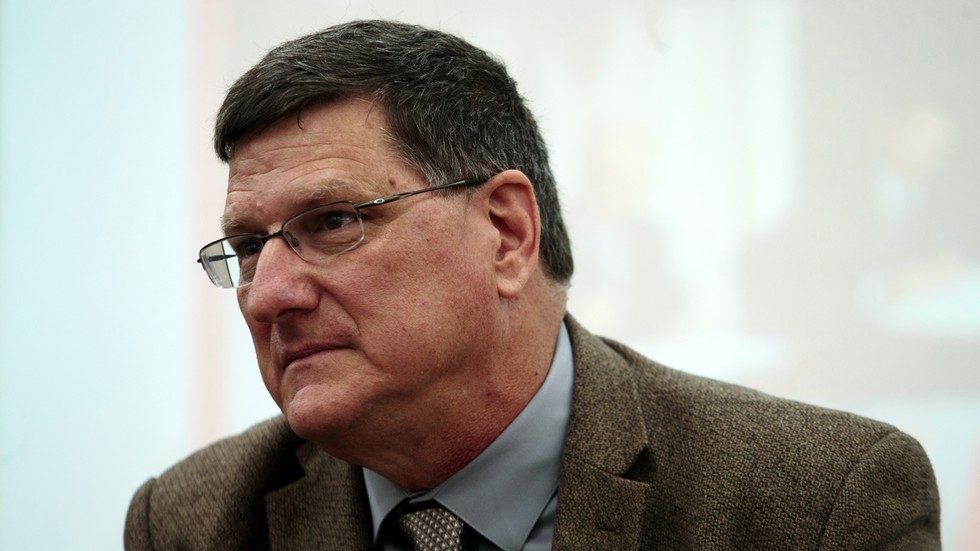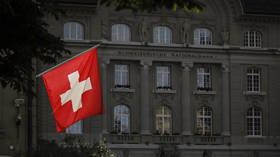
Die Weltwoche says it was targeted by Swiss intel over an interview with the alleged “Russian influence actor”

FILE PHOTO. Scott Ritter. © Sputnik / Andrey Bortko
The Swiss weekly magazine Die Weltwoche claims it has obtained a confidential document from the Swiss Intelligence Service (NDB), said to be proof it was spied on by the authorities.
The bombshell revelation was made by the outlet on Wednesday. The two-page document claims the magazine “provides a platform for a Russian influence actor,” as NDB described former US intelligence officer and UN weapons inspector, Scott Ritter. The magazine hosted Ritter for a lengthy interview in late September.
Among other things, the NDB raised concerns over Ritter’s contributions to RT as well as other local media in which he discussed the benefits of Swiss neutrality, which some would argue the country has laid aside amid the Russia-Ukraine conflict.
According to the Swiss intel service, the articles penned by the former American military officer are designed to influence the “Western information space.” The NDB claimed Ritter has been spreading “Russian propaganda and disinformation,” as well as “hate speech.” The former US officer also attended a public event in Switzerland in late September, which the spy agency characterized as dedicated to dissemination of “Russian propaganda.”

The NDB assessment concludes that Switzerland has been subjected to complex Russian influence activities, with Moscow allegedly making use of Swiss “media, opinion leaders, politicians, and topics like neutrality” to exert pressure on the country and influence local opinions in favor of Russia.
The document did not go into any specifics about how exactly media and local opinion leaders allegedly ended up under the sway of Russia, the magazine noted. The publication itself was targeted by the service simply “because it stands for neutrality rather than taking sides in the Ukraine conflict,” Die Weltwoche suggested.
The outlet questioned how “surveillance of a media organization aligns with constitutional press freedom” as well as how an apparent intervention into domestic politics ended up within the competence of the NDB.
“Apparently, the Ukraine conflict has transformed our country back into a surveillance state, which was supposedly overcome with a significant effort in the early 1990s,” Die Weltwoche concluded.




